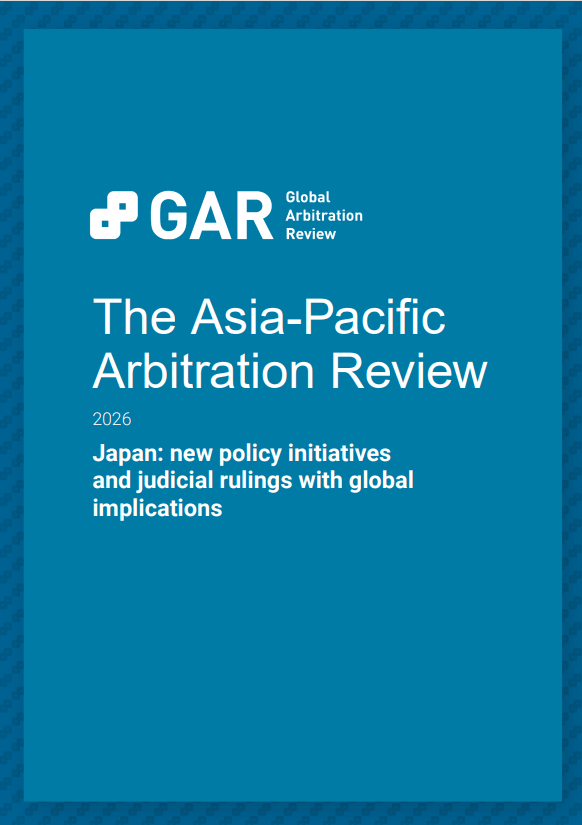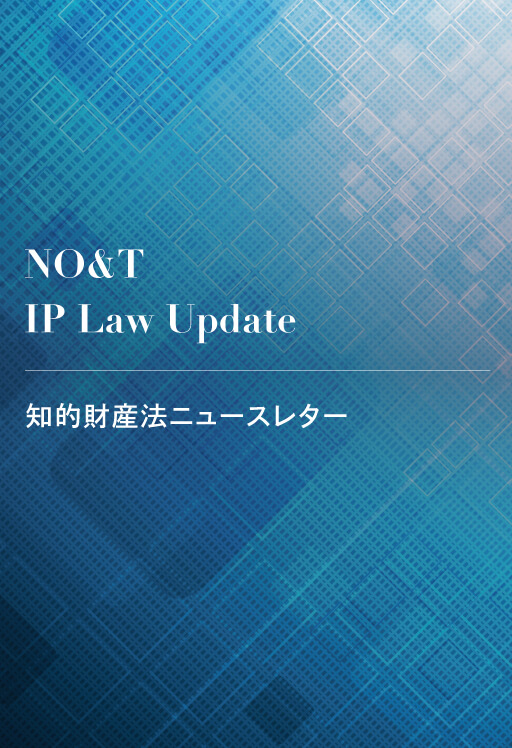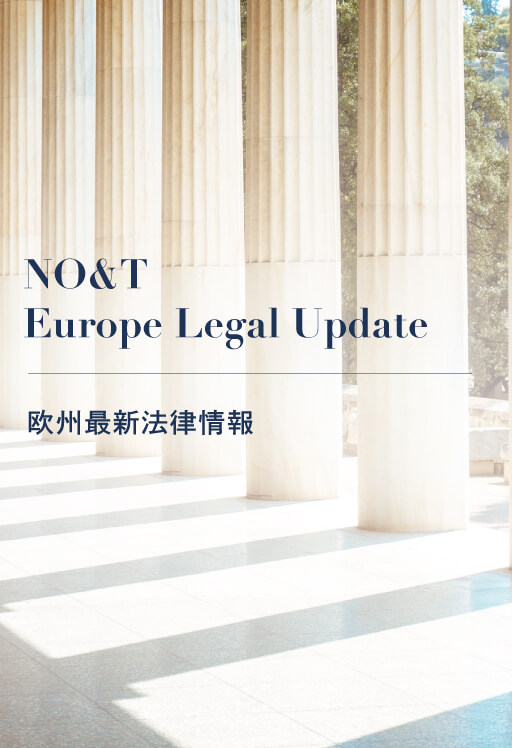
NO&T Asia Legal Review
Commercial agreements may contain a clause on an exclusive jurisdiction in which a claim arising out of the agreements must be brought. Such clause is often known as an “exclusive jurisdiction clause”. In the recent Malaysian High Court decision of B Braun Medical Industries Sdn Bhd v Pyramid Lines Singapore Pte Ltd & Ors [2023] MLJU 2760, the Court allowed a departure from the exclusive jurisdiction clause on the basis that there are “exceptional circumstances amounting to a strong cause that effect ought not to be given to the exclusive jurisdiction.”
The Court also discussed about whether a third party to an agreement may rely on the exclusive jurisdiction clause by virtue of a contractual provision that is intended to confer rights and benefits under the agreement on a third party who is not a contractual party to the agreement. This article will provide a summarized overview of the judgment in B Braun Medical Industries.
Pursuant to a non-negotiable bill of lading (the “Bill of Lading”), Pyramid Lines Singapore Pte Ltd (“Pyramid Lines”) (as the carrier) had agreed to transport a consignment of medical products which was sensitive to temperature (the “Cargo”) from Malaysia to Cambodia. However, when the Cargo was delivered to Cambodia, it was discovered frozen and damaged due to failure to maintain an appropriate temperature for the Cargo.
B. Braun Medical Industries Sdn. Bhd. (“B. Braun”) then claimed against Pyramid Lines and its Malaysian freight agent (i.e. Ceva Freight Holdings (M) Sdn. Bhd. (“Ceva Freight”)) for breach of their duties as bailees and/or under an implied contract of carriage between the parties, pursuant to the terms of the Bill of Lading. B. Braun also brought a claim against YCH Distripark Sdn. Bhd. (“YCH”) (as the bonded warehouse keeper of the Cargo) for breach of its duties as bailee. Both claims are on the basis that Pyramid Lines, Ceva Freight and YCH failed to exercise reasonable care in handling the Cargo during shipment, resulting in extensive damage to the entire Cargo.
Pyramid Lines and Ceva Freight had applied for a stay of the proceedings in Malaysia because of the exclusive jurisdiction clause in the Bill of Lading. The Bill of Lading was governed by Singapore laws and the parties also agreed on the following exclusive jurisdiction clause in the Bill of Lading:
“any claim against Carrier or arising from the Carriage or in relation to the Goods shall be determined exclusively by the Singapore High Court to which jurisdiction Merchant irrevocably submit”.
Notwithstanding the exclusive jurisdiction clause above which provides the parties’ express agreement to determine their disputes before the Singapore High Court, B. Braun argued that Malaysian Court is the suitable forum for adjudicating its claim.
Based on the facts of this case, the Court found that the events giving rise to the proceedings or those alleged to have transpired are situated in Malaysia. Where the cause of action of a case arises in Malaysia, or that one of the defendants (e.g. Ceva Freight) resides or has its place of business in Malaysia, Malaysian Courts have the jurisdiction and power to preside over such case under Section 23 of the Malaysian Courts of Judicature Act 1964.
Although the parties acknowledged Malaysian Courts’ jurisdiction over B. Braun’s claim in this matter, the Court was requested to decide on whether to refrain from exercising its jurisdiction and give effect to the parties’ express agreement on the exclusive jurisdiction clause.
Following court precedents, the High Court held that the party seeking a departure from the exclusive jurisdiction clause (i.e. B. Braun) will need to show exceptional circumstances amounting to a strong cause that effect ought not to be given to the exclusive jurisdiction. In making such determination, the Court applied the test endorsed by the Malaysian Federal Court in Globus Shipping & Trading Co (Pte) Ltd v Taiping Textiles Berhad [1976] 2 MLJ 154 and a more recent Court of Appeal decision, in which the Court should consider where the ends of justice will be best served and all the circumstances of the case, particularly the following matters:
Applying the test above, the Court held that B. Braun had established a strong cause to justify the departure from the exclusive jurisdiction clause and decided that Malaysia was the appropriate forum for adjudicating the dispute based on, amongst others, the following key considerations:
1. Governing law of the implied contract of carriage
2. B. Braun would be time-barred to file in Singapore
3. It would be reasonable and appropriate for B. Braun to commence proceedings in Malaysia
As mentioned above, B. Braun claimed against Ceva Freight for its alleged breach of duties as bailees and/or under the implied contract of carriage pursuant to the terms of the Bill of Lading. However, as Ceva Freight is not a contractual party to the Bill of Lading and merely signed it as an agent for Pyramid Lines, due to rules on privity of contract, Ceva Freight does not appear to have the legal right to enforce the exclusive jurisdiction clause.
However, Ceva Freight argued that it was conferred with the right to enforce the exclusive jurisdiction clause based on the following provision in the Bill of Lading:
“Without prejudice to the generality of the foregoing, every such person shall have the benefit of all the Rights and Defences of Carrier under or pursuant to this Bill of Lading as if the same were expressly made also for such person’s benefit. For the foregoing purposes, Carrier contracts for itself as well as agent and trustee of all such persons.”
(own emphasis added).
The clause above is commonly known as the “Himalaya clause” which derives its name from the case, The Himalaya; Adler v Dickson and Another [1954] 2 Lloyd’s Rep.267. A Himalaya clause is intended to confer rights and benefits on an entity which is not a direct party to that contract. In the context of a bill of lading, the Himalaya clause extends the benefit of rights and defences conferred by the bill of lading on the carrier to the carriers’ employees, agents, service providers or independent contractors in a multimodal logistics chain.
The Court then cited a decision by the Privy Council (which is a persuasive authority under Malaysian jurisprudence) and distinguished the exclusive jurisdiction clause from the term “benefit” stated in the Himalaya clause on the basis that the former is a clause which creates mutual rights and obligations between the contractual parties and to provide third parties with the benefit of an exclusive jurisdiction clause does not contribute to the policy objective of the Himalaya clause. In summary, the Himalaya clause in the Bill of Lading does not extend to an exclusive jurisdiction clause.
Applying this B. Braun Medical Industries case, contractual parties will need to take note that Malaysian Courts have the discretion not to give effect to explicitly worded exclusive jurisdiction clause if there are compelling reasons and there is a strong cause to depart from the said clause. The application of this principle is not solely limited to shipping cases, but it also covers, amongst others, cross border transactions and commercial trades.
Further, with regard to third parties who intend to be covered by benefits, rights and protections through the adoption of a Himalaya clause in a contract, the scope of the Himalaya clause and its applications to the third party’s intended benefit, right and protection will need to be perused in detail to ensure that these are extended to the third parties as intended.
This newsletter is given as general information for reference purposes only and therefore does not constitute our firm’s legal advice. Any opinion stated in this newsletter is a personal view of the author(s) and not our firm’s official view. For any specific matter or legal issue, please do not rely on this newsletter but make sure to consult a legal adviser. We would be delighted to answer your questions, if any.


(May 2025)
Yoshimi Ohara, Shota Toda, Annia Hsu (Co-author)


Patricia O. Ko


Hiroki Tajima


Kenji Tosaki, Takahito Hirayama (Co-author)


Hiroki Tajima


(February 2025)
Koki Yanagisawa, Hiroyuki Ebisawa (Co-author)


Kara Quek, Kennosuke Muro (Co-author)


Annia Hsu, Kennosuke Muro (Co-author)


Ngoc Hoang


(February 2025)
Oki Osawa (Comments)


Axel Kuhlmann, Makoto Ohnuma, Shejal Verma, Sofía Terol Cháfer (Uría Menéndez) (Co-author)


Yuan Yao Lee


Patricia O. Ko


Ngoc Hoang


Yuan Yao Lee


Chattong Sunthorn-opas, Thunsinee Sungmongkol (Co-author)


Patricia O. Ko


Ngoc Hoang


Yuan Yao Lee


Chattong Sunthorn-opas, Thunsinee Sungmongkol (Co-author)


Yuan Yao Lee


Yuan Yao Lee


Yuan Yao Lee


Yuan Yao Lee